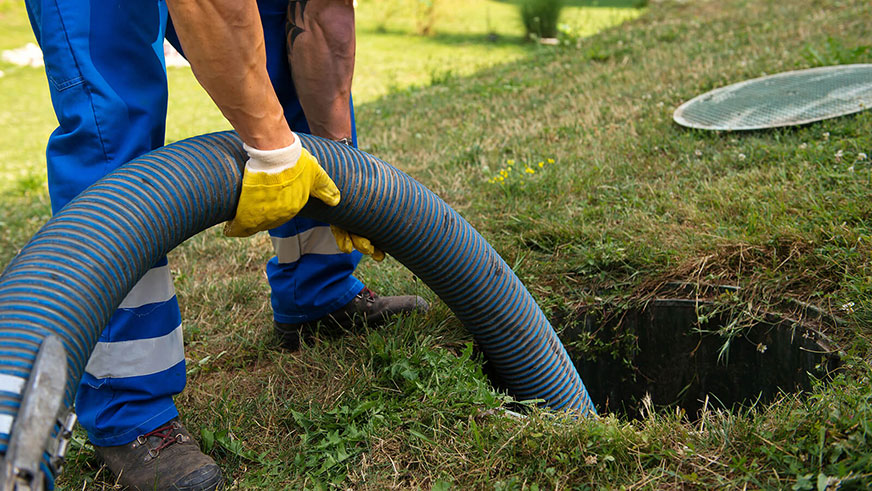We treat your family like our own.
We’re family-owned and operated, and we take pride in our work. As one of the top plumbers in Spokane, we provide you high-quality services at a fair price, with professionalism you can trust..
We treat your family like our own.
We’re family-owned and operated, and we take pride in our work. As one of the top plumbers in Spokane, we provide you high-quality services at a fair price, with professionalism you can trust..

Regular septic pumping is essential for maintaining a healthy and efficient septic system. Septic tanks collect and treat wastewater from your home, separating solids from liquids. Over time, these solids accumulate, necessitating periodic pumping to prevent system failures and environmental contamination.
Neglecting regular septic pumping can lead to a variety of issues, including system backups, unpleasant odors, and potential health hazards. By adhering to a consistent pumping schedule, homeowners can avoid costly repairs and ensure their septic system functions optimally.
Septic systems operate by directing wastewater from your home into a septic tank. Here, solids settle at the bottom, forming sludge, while oils and grease float to the top as scum. The remaining liquid effluent flows out to the drain field for further treatment. Without regular pumping, sludge and scum can overflow, causing blockages and system failures.
If your sinks, showers, or toilets are draining slower than usual, it could indicate that your septic tank is full and needs pumping.
Unpleasant smells emanating from your drains or around your septic tank are a clear sign that your system requires immediate attention.
Water pooling around your septic tank or drain field often signals an overflow, indicating that it's time for a septic pumping service.
The frequency of septic pumping depends on several factors, including the size of your tank, the number of occupants in your home, and your water usage habits.
Generally, septic tanks should be pumped every 3 to 5 years. However, larger households or those with high water usage may require more frequent pumping.
Regular pumping helps prevent system backups and failures, saving you from costly repairs and potential health hazards.
Routine maintenance, including septic pumping, extends the lifespan of your septic system, ensuring it operates efficiently for years.
Proper septic system maintenance reduces the risk of groundwater contamination, protecting local ecosystems and water supplies.
Before pumping, a thorough inspection is conducted to assess the condition of your septic system and identify any potential issues.
The actual pumping process involves removing the sludge and scum from the tank using specialized equipment.
After pumping, another inspection ensures that the tank is clean and functioning properly, with no signs of damage or wear.
Clogs can occur due to improper waste disposal or infrequent pumping. Regular maintenance helps prevent these issues.
Roots from nearby trees can invade your septic system, causing blockages and damage. Professional inspections can detect and address this problem early.
Cracks or damage to your septic tank can lead to leaks and system failures. Regular inspections and prompt repairs are essential.
Septic systems play a crucial role in treating and managing household wastewater, preventing environmental contamination.
Regular maintenance, including pumping, helps minimize the risk of groundwater contamination, protecting local water supplies.
Conserving water reduces the load on your septic system, helping it function more efficiently.
Avoid flushing non-biodegradable items or pouring grease down the drain to prevent clogs and system damage.
Schedule routine inspections to catch potential issues early and maintain your system's health.
Signs of septic emergencies include sewage backups, foul odors, and visible leaks or pooling water around your system.
In the event of an emergency, stop using water, avoid flushing toilets, and contact a professional septic service immediately.
Regular maintenance and prompt attention to minor issues can help prevent septic emergencies.
Regular septic pumping is essential for maintaining a healthy and efficient septic system. By choosing a reputable service provider and adhering to a consistent maintenance schedule, you can prevent costly repairs and ensure your system's longevity. Contact us today for reliable septic pumping services in Spokane, Washington.